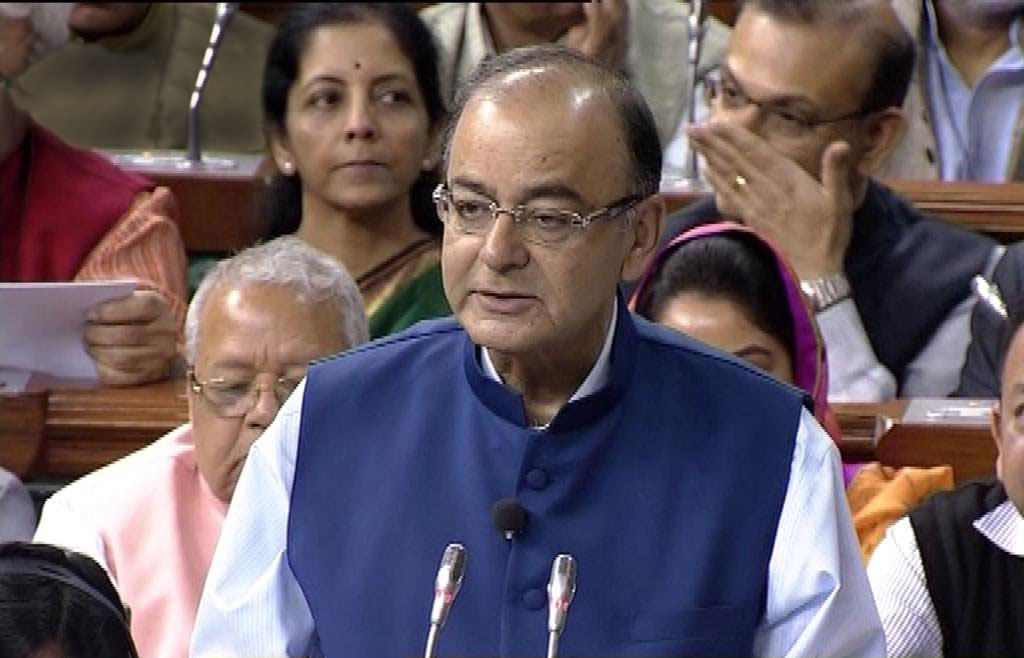The History of Income Tax
Benjamin Franklin, when he was not inventing bifocal lenses and lightning rods, was busy founding the USA. He was many, many other things as well, but the one thing he is most remembered for, at least outside the US, is his remark that “only death and taxes are certain.”
Actually, not. While he was dead right about death, the certainty of taxes — especially the dreaded income tax — is quite open to debate. The reason: it hasn’t, as so many people think, been around since the beginning of time. In its present incarnation it is just about 200 years old.
The first time it was imposed, however, was in the 10th century by an optimistic Chinese emperor, who was soon thrown out because the people didn’t like it. The first income tax in recorded history had lasted for all of 13 years.
The political appeal of income tax led Indira Gandhi in 1972 to increase the marginal rate to 97 per cent!
After that there was a gap of 800 years — yes, 800 — until someone in Britain thought of imposing it. This was when that country was fighting Napoleon and needed all the money it could garner for financing the wars. But the British are nothing if not practical — once Napoleon had been defeated in 1815 the income tax was abolished the very next year in 1816.
Things returned to normal and it was not until 1850 that it was re-imposed. The purpose was quite nefarious. Britain had undergone a series of electoral reforms aimed at enlarging the electorate. But the rich were not about to share power with the poor by allowing them to vote. So they imposed income tax to disenfranchise the poor — no tax, no vote. This went on for another two generations by which time, thanks to more electoral reforms, it had become impossible to exclude the poor. Also, Britain now needed money to maintain the Empire. Then came the Second World War and Britain lost the Empire. But now money was needed to pay doles to the unemployed. So income tax stayed on.
US — A Latecomer
The US was a latecomer to this tax. It didn’t start till 1861 and then only because the Lincoln Government had to finance the Civil War. But as soon as that war was over, it repealed the tax in 1865, only to re-impose it in 1894 to finance its armies which were expanding throughout the Americas now. It has stayed on since then for exactly the same reasons as in Britain.
India has been less lucky. The British Government, when it took over the governance of India from the East India Company in 1860, immediately imposed an income tax to help it govern India better. But there was a lot of protest and it was abolished 13 years later in 1873. However, it was reintroduced in 1886 when it became clear that some of the costs of British administration would have to be paid for by Indians and Englishmen working in India. It has remained since then.
The income tax forces the productive parts of society to pay for the upkeep of those who contribute absolutely nothing to it.
But the rationale for it has changed over the years. As mentioned above, originally it was seen as no more than a device to finance wars. Once the war was over, it would be abolished. But during the 20th century, thanks to the threat of communism, and the need for income re-distribution, it has become a tool of politics.
But now that the communist threat has vanished, it has morphed into a war against inequality. Democracy needs the income tax to set the poor up against the rich in order for politicians to win elections. It is thus purely a political tax. It serves no economic purpose at all. If anyone argues the opposite, please ask him to prove it.
In fact what has happened over the 20th century is that the income tax has been accepted as the norm. An entire philosophy has been developed by fuzzy-headed middle-class intellectuals that the income tax is a moral tax.
Paying it is now an act of virtue, even though everyone knows that it is used by politicians to finance their election. The political appeal of the tax led Indira Gandhi in 1972 to increase the marginal rate of income tax to 97 per cent! Just imagine that.
Everyone has preferred to ignore a fundamental fact: that the income tax forces the productive parts of society to pay for the upkeep of those who contribute absolutely nothing to it. In that sense, it is exactly the zakat, tithe, daan and so on. The only difference is that those taxes were collected by religious bodies, which had a moral imperative, while this tax is collected by elected governments, which have none.
The consequences for India have been very perverse, as can be seen from the growth of ‘black’ money which is called black only because politicians can’t get hold of it via the income tax. They forget that lower the income tax rate, the less will be the amount of ‘black’ money.

